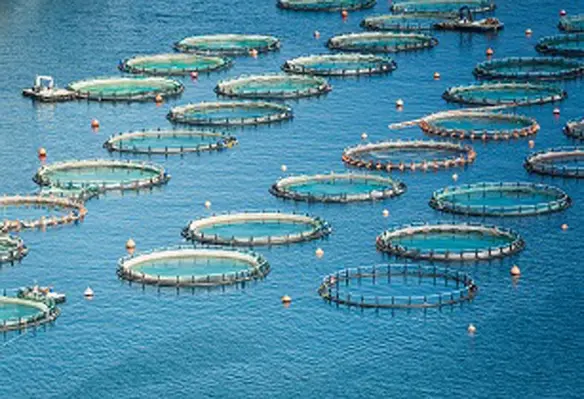Researchers from Michigan State University are to assess aquaculture in Bangladesh, India, Myanmar and Thailand
This is to be done using satellite imagery and survey information, with new funding secured through an almost US$800,000 grant from the NASA Land Cover/Land Use Change programme.
Lin Yan, assistant professor at the Centre for Global Change and Earth Observations, MSU; Ben Belton, associate professor with the MSU Department of Agricultural, Food and Resource Economics; and David Roy, professor of geography and the interim director of the CGCEO, will analyse how the industry is driving land cover and land use change in aquaculture hotspots.
“Aquaculture contributes substantially to global food and nutrition security, and is projected to expand further in response to demand from an increasingly populous, affluent and urbanising world. When implemented sustainably, aquaculture can contribute substantially to addressing the challenges of global food and nutrition security. Yet, for many years, poor practices have often led to significant environmental damage in areas where it is employed,” said Yan.
“Approximately 80% of global aquaculture production is currently taking place in Asia. Yet, it’s long been assumed that much of Asian aquaculture has been implemented on a small scale. However, the size and tenure of aquaculture farms have been poorly documented. The factors that drive and mediate aquaculture change have been understudied in the past, and there are few sources of publicly available data on the boundaries of aquaculture ‘ponds,’” added Belton.




